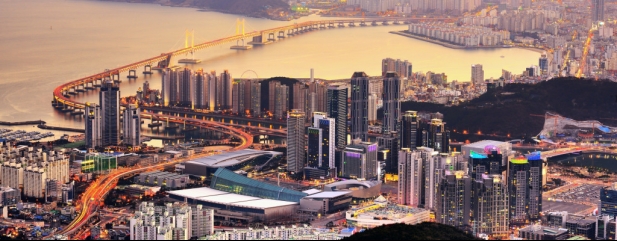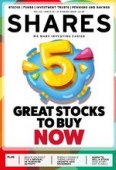Is South Korea an emerging market or not? It depends who you ask. Index provider MSCI classes it as such but FTSE Russell excludes the country from its own emerging market indices.
Writing in 2013 FTSE Russell said: ‘FTSE’s attention to the views of market practitioners was an important factor in the 2009 decision by its external governing committees to reclassify South Korea as a developed market.
‘It remains a key reason for maintaining this classification today. FTSE believes that to include South Korea in an emerging market index creates distortions that fail to reflect the intentions of investors.’
The distinction is worth noting if you are investing in an emerging markets tracker fund as South Korea’s inclusion or not could make a big difference to the returns profile.
Emerging markets tend to have lower GDP per capita and less mature businesses but according to the OECD South Korean GDP per capita is $42,925 (higher than Spain) and it is home to a global heavyweight technology business in Samsung.

Given this, why does MSCI stick with an emerging markets status for South Korea? It seems to be less a question of the economy and more to do with the way its stock market operates.
In 2016 it noted that the ‘investment frictions related to the lack of convertibility of the Korean Won and restrictions imposed by the local stock exchange on the use of exchange data for the creation of financial products remain unaddressed’.
With reforms being introduced in this area it may not be too long before South Korea’s status is revisited.
This outlook is part of a series being sponsored by Templeton Emerging Markets Investment Trust. For more information on the trust, visit here
‹ Previous2020-08-27Next ›

 magazine
magazine









